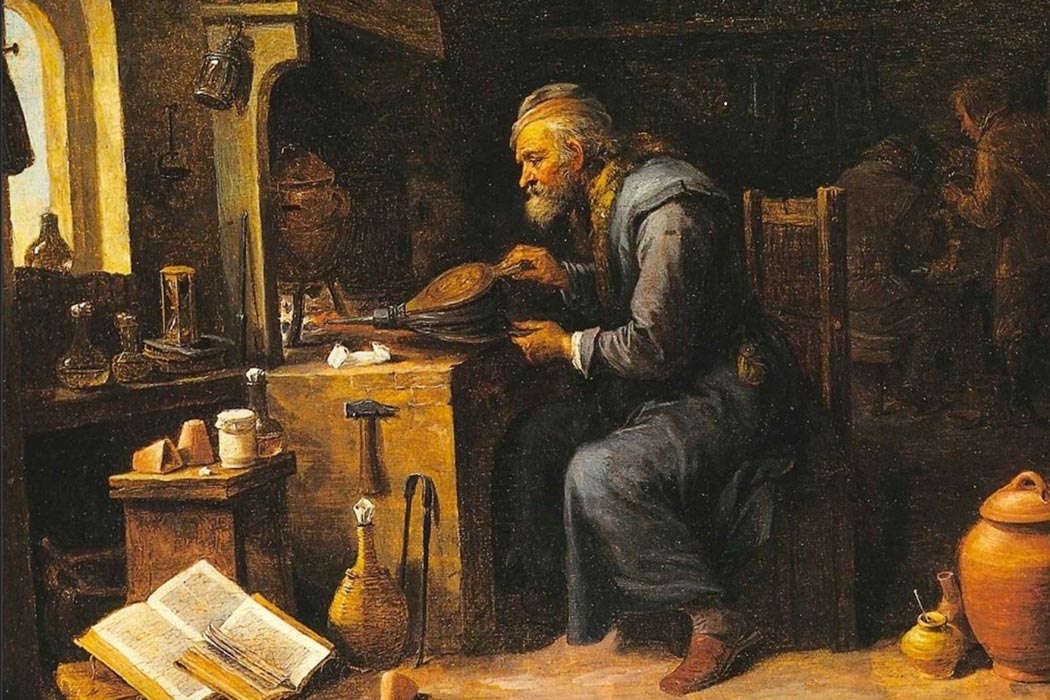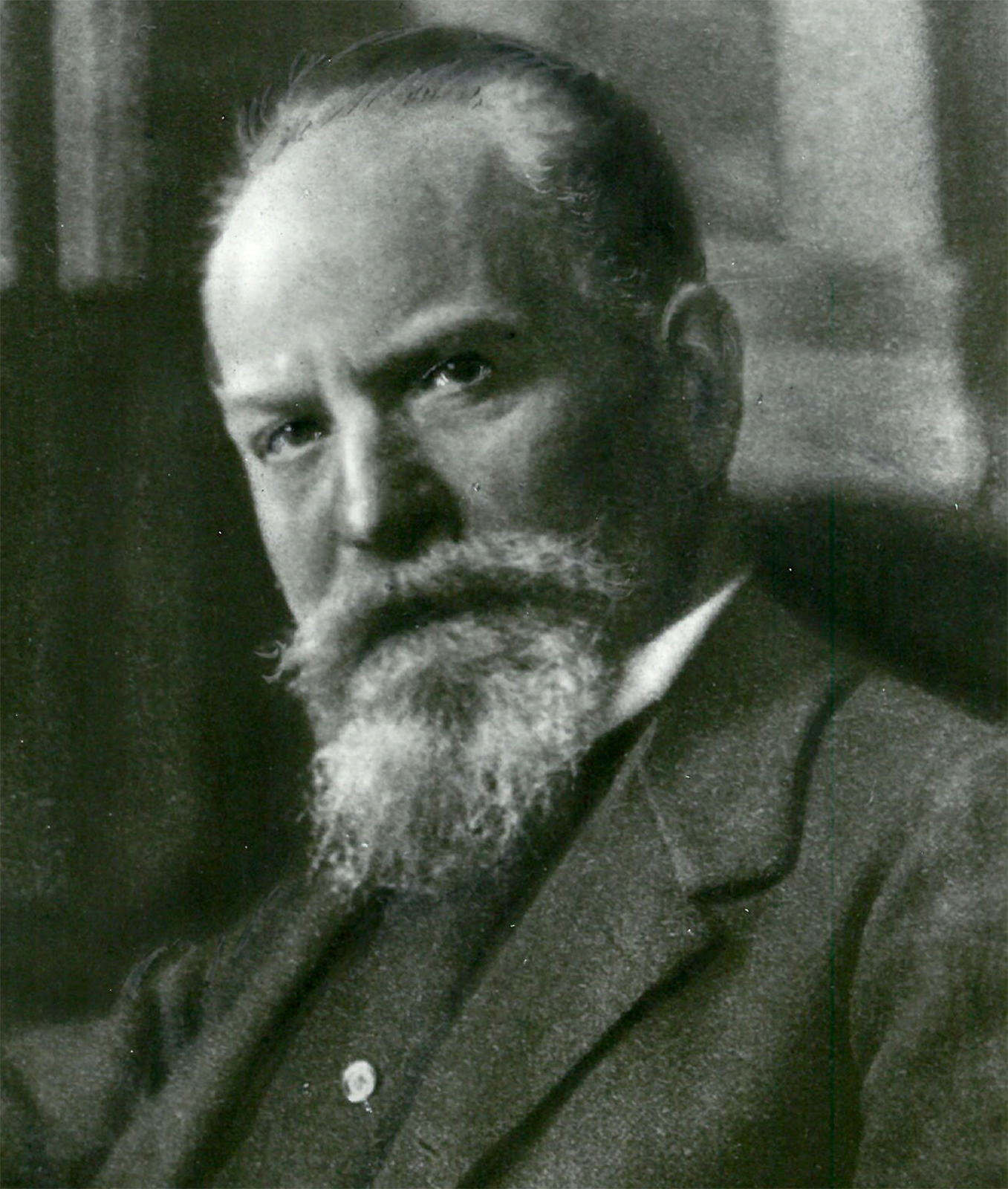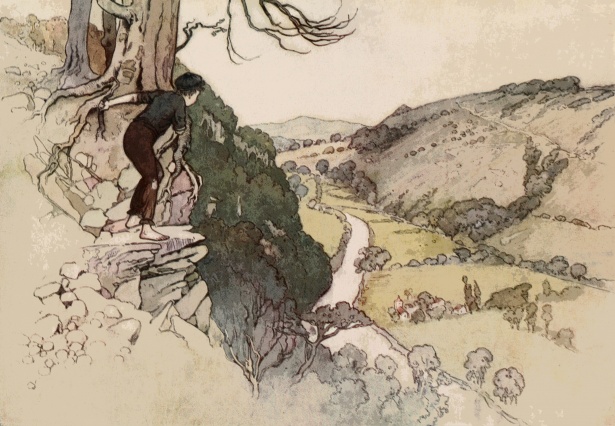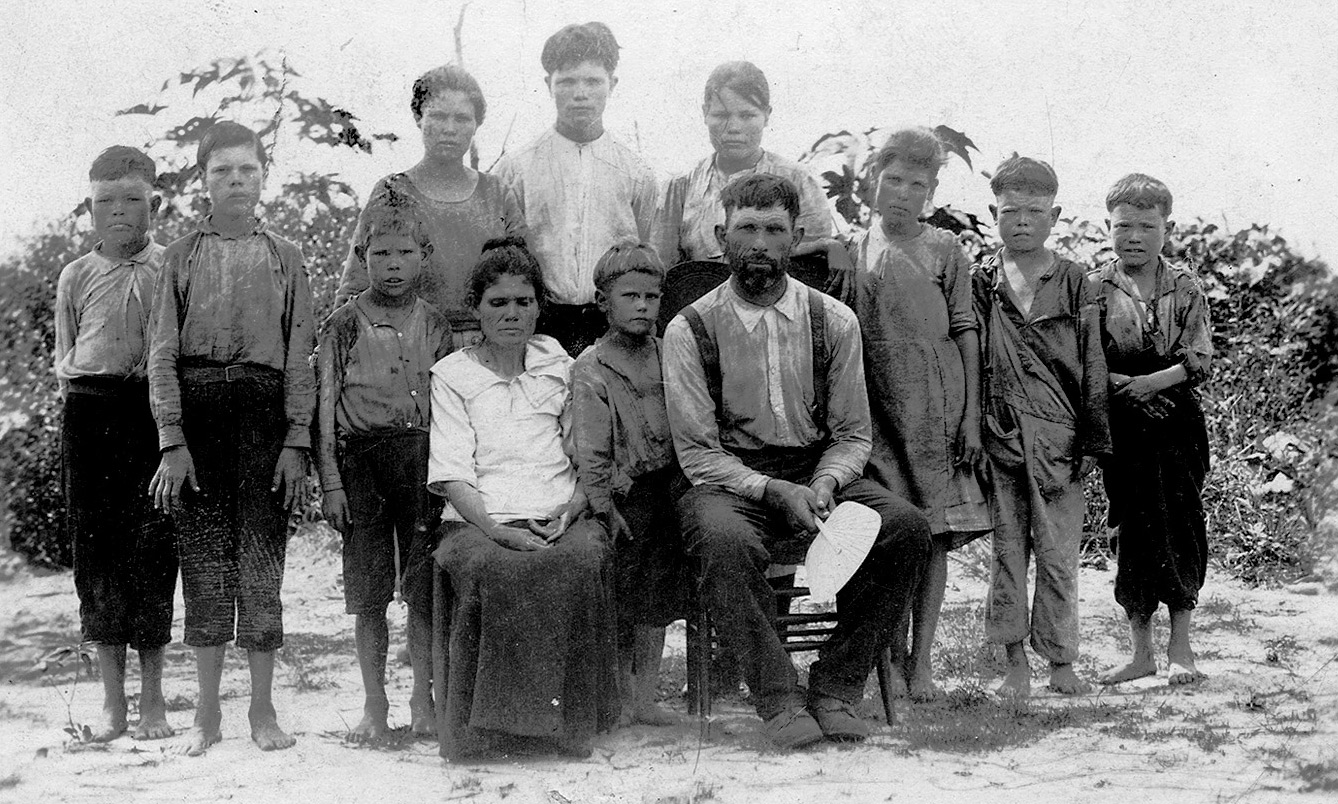In this series of posts, I have been reviewing Max Horkheimer and Theodor Adorno’s Dialectic of Enlightenment from a ‘post secular’ lens. In my last post, I was tracing the authors’ descriptions


CRITICAL THEORY | SOCIAL ANALYSIS | POLITICAL PHILOSOPHY AND THEOLOGY

In this series of posts, I have been reviewing Max Horkheimer and Theodor Adorno’s Dialectic of Enlightenment from a ‘post secular’ lens. In my last post, I was tracing the authors’ descriptions

The following is the second installment of a two-part series. The first can be found here. The article was recently presented at the international meeting of the Deutsche Gesellschaft für Phänomenologische

The following is the first installment of a two-part series. The second installment can be found here. This article was recently presented at the international meeting of the Deutsche Gesellschaft

We are witnessing the political and cultural transformation of the global public square through internet information technology and digital social media. The public square, once formerly centered around localized, material

I have been working through a reading of Max Horkheimer and Thedor Adorno’s classic work of Critical Theory, Dialectic of Enlightenment. I am particularly interested in the use of literary

Shame as an affect, an emotion, or a feeling serves a critical purpose in the construction and maintenance of hegemonic power relations. Sara Ahmed defines it in her book The